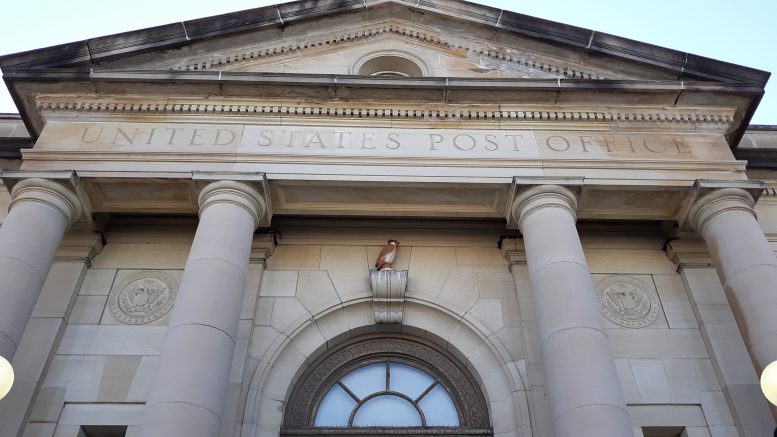(Submitted by the Wood County Committee on Aging)
The Wood County Committee on Aging Inc. along with the American Association of University Women, Bowling Green Branch, will once again host the Great Decisions Lecture Series at the Wood County Senior Center, 305 N. Main St., Bowling Green, for six consecutive Saturdays from 9:30-11 a.m., Jan. 25 through Feb. 29.
The Great Decisions Lecture Series is an informative educational discussion group designed by the Foreign Policy Association. Participants will be enlightened with up-to-date information on worldly topics facilitated by Bowling Green State University professors. The professors will provide an opportunity for questions and answers following each discussion session.
These sessions are free and open to the public. Manuals are available for $32 but are not required. To register for this program, contact the WCCOA Programs Department at 419-353-5661, or 800-367-4935, or email programs@wccoa.net When registering, a name and phone number is required in case of cancellations due to inclement weather.
A full list of topics and speakers is provided below.
- Jan. 25: Climate Change and the Global Order – Dr. Shannon Orr, Associate Professor of Political Science. Climate change has become one of the defining issues of our time. As much of the world bands together to come up with a plan, the U.S. remains the notable holdout. What is the rest of the world doing to combat climate change? What impact with the effects of climate change have on global geopolitics?
- Feb. 1: India and Pakistan – Dr. Marc Simon, Associate Professor of Political Science. India’s Prime Minister Narendra Modi rode a wave of Hindu nationalism to a historic re-election in 2019. His first order of business was to revoke the special status granted to the Kashmir region, inflaming the rivalry between India and Pakistan. How will the Kashmir situation affect the region, both economically and politically?
- Feb. 8: Red Sea Security – Dr. Vibla Bhalla, Chair of Department of Ethnic Studies. The Red Sea has remained vital for global trade since the time of ancient Egypt. Once home to the spice trade, the Red Sea now sees millions of barrels of oil a day transported across its waters. With major nations like China, France, Italy, and the U.S. building large ports and bases in the region, what does the future of the region look like? How important is Red Sea security for global security? Can the region be a place of global cooperation?
- Feb. 15: Modern Slavery and Human Trafficking – Dr. Priscilla Coleman, Dr. Su Yun Bae, Department of Human Development. Almost every nation has enacted laws criminalizing human trafficking, and international organizations, governments, and NGOs sponsor a large variety of projects to curb trafficking and slavery. Billions of dollars have been allocated to these efforts. What is the international community doing to combat slavery and trafficking? What are the experiences like for those being trafficked?
- Feb. 22: China’s Road into Latin America – Dr. Amilcar Challu, Department of History. As the Trump administration continues to withdraw from the world stage, China is looking to fill the void. How does Latin America fit into China’s “One Belt, One Road” plan? How will the relationship with China affect the region? Should the U.S. be concerned about China’s growing “sphere of influence”?
- Feb. 29: Artificial Intelligence and Data – Dr. Rob Green, Assistant Professor Computer Science. Policymakers in many countries are developing plans and funding research in artificial intelligence (AI). Global growth is slowing, and not surprisingly, many policymakers hope that AI will provide a magic solution. The EU, Brazil, and other Western countries have adopted regulations that grant users greater control over their data and require that firms using AI be transparent about how they use it. Will the U.S. follow suit?
*Note: Dates and topics are subject to change.

